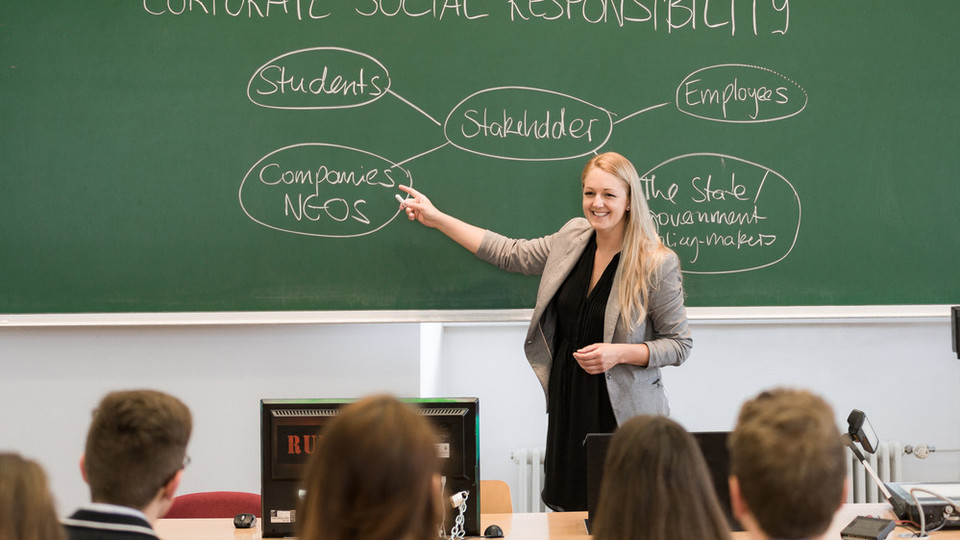„Not adding up? Why children's financial education should start early“

Financial literacy is an essential life skill, and experts agree that the earlier children are introduced to the concepts of money management, the better prepared they will be for their financial futures. Prof. Dr. Carmela Aprea believes that teaching children about money at a young age, through fun and engaging methods, is critical for setting them up for a lifetime of healthy financial decisions.
In an increasingly complex world, where debt, mortgages, pensions, and savings are just a few of the financial matters children will need to understand as they grow, Prof. Aprea argues that primary schools can be the ideal place to begin this education. However, she emphasizes that financial lessons should be introduced in a playful, low-pressure way. For example, children can be encouraged to reflect on their wishes, understand the value of money, and learn about their parents’ financial choices. These early lessons, while simple, help children understand the importance of budgeting and making informed financial decisions, even if they are still too young to fully grasp concepts like interest rates or investing.
However, Aprea also acknowledges the challenges of implementing financial education. Developing effective materials and training teachers requires time and resources. She points out that financial education competes with other vital topics like health and sustainability, making it difficult to find room in the curriculum. Additionally, financial topics can be uncomfortable for many families, especially in lower-income households, where talking about money may carry feelings of shame.
Despite these challenges, Aprea remains optimistic about the role of schools and governments in promoting financial literacy. She suggests that schools should invest in high-quality educational materials and teacher training, while also involving parents in the process. When children discuss finances at school, they often bring those conversations home, sparking broader family engagement in financial education.
Read the whole article here